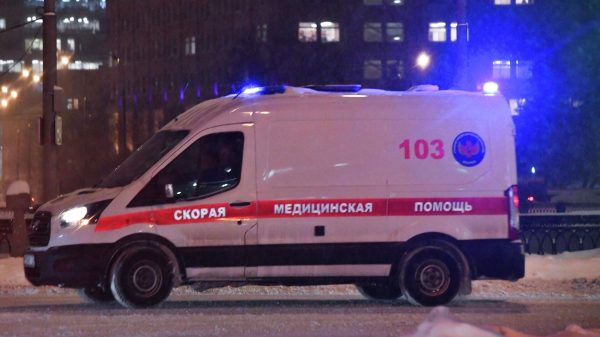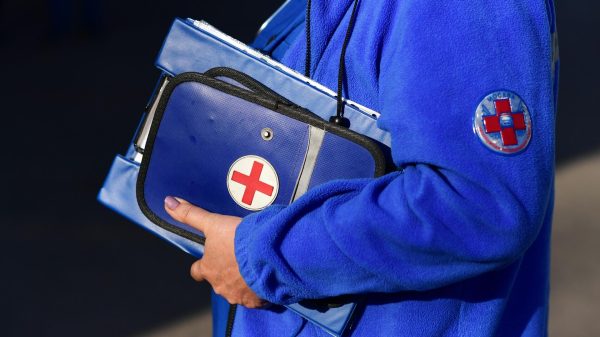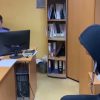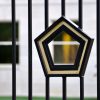Assessments of pupils in England due to sit GCSE and A-level examinations in summer 2022 are likely to be adapted to take into account the disruption to their studies caused by the pandemic, MPs have been told.
The measures would be similar to those prepared for exams this summer, before they were cancelled for the second year running, and show the government acknowledging the long-term consequences of Covid on later cohorts of pupils.
The acting chief regulator of Ofqual, Simon Lebus, told MPs on the Commons education committee the process of recovering learning lost as a result of the the coronavirus pandemic was “going to take several years”.
He was giving evidence alongside the schools standards minister, Nick Gibb, who faced ferocious questioning about the integrity of this year’s grades, which will be issued on the basis of teacher assessments following the decision not to use algorithms after last summer’s fiasco.
Gibb acknowledged there would be some “generosity” in grades, but denied the agreed system would create a “prizes for all” approach resulting in rampant inflation, which would then create unfairness for future cohorts.
Q&A How will teachers decide exam grades in England this summer?
Show
Hide
Students in England taking exams including GCSEs, A-levels and BTecs and other classroom-based qualifications will have their results assessed by their schools and colleges, with a deadline of 18 June for assessments to be submitted to exam boards.
Teachers are expected to sit down with individual students and explain the evidence they considered before submitting their assessments. But students won’t know their final grade until publication date, which is to be 10 August for A-levels and 12 August for GCSEs, with results for BTecs and vocational and technical qualifications to be announced in the same week.
Exam boards are to transmit guidance to schools on making assessments. The boards are also expected to randomly sample schools and colleges to check on their awarding process. Boards will also investigate schools and colleges with unusual grades awarded this year – and may ask schools to redo their assessments.
All students are able to appeal over their grade, first through their centre and then to the exam boards, which will adjudicate on the evidence presented by schools and colleges. Full details of the appeals process remain to be seen, but appeal fees have been waived.
Richard Adams education editor
Was this helpful?
Thank you for your feedback.
Teachers will base grades on a range of evidence including the optional use of questions provided by exam boards, mock exams, coursework, or other work completed as part of a pupil’s course, such as essays or in-class tests.
Those grades will have to be signed off by department heads and headteachers. Exam boards will then monitor through random sampling, spot checks and targeted scrutiny of schools with unusual sets of results.
Lebus said teacher judgment had been found to be “pretty reliable” and warned parents not to pressurise teachers over grades, saying it was important teachers were given the space to make their decisions. “It’s always a worry that parents get terribly involved and teachers feel uncomfortable and there’s an intrusive interest.”
On next year’s exams, Lebus told MPs: “So as far as 2022 is concerned, the thinking at the moment is about adaptations along the lines that had been originally contemplated for this year when exams were still to go ahead.
“That’s based on the reality of the cohort taking exams next year will have suffered considerable disruption to their learning.
“Though we would hope not on the scale and the level that has been suffered by this year’s cohort so that it would be the reasonable thing to carry out some form of public exams, but that they would be adapted to reflect the learning disruption that has taken place.”
Among the measures drawn up for this summer’s exams, pupils were told they would be given advance notice of exam topics and allowed to take in exam aids like formula sheets to help with lost learning.
MPs also raised concerns with the minister that headteachers in their constituencies were being sent “threatening” letters by parents who were opposed to their children being made to wear masks in school. Gibb said the government would support head teachers, adding: “It’s very important we all do everything we can to keep Covid out of classrooms.”
The committee also asked for clarification about Covid testing in schools, amid continuing concerns that pupils who test positive in school using a lateral flow device but then receive a negative result from a more reliable laboratory test, will still be required to self-isolate. The minister said he would write to the committee with full details.




















































Свежие комментарии